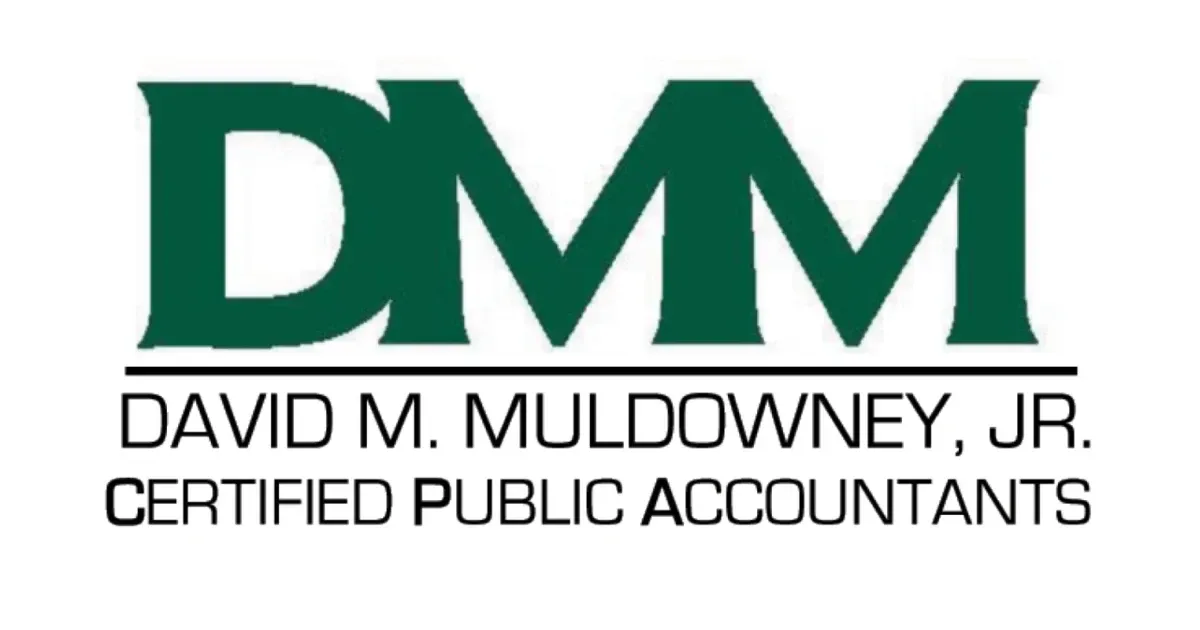Jul 03 2025 18:15
Payroll FAQs: Common Questions and Practical Answers
What Payroll Records Do I Need to Keep and For How Long?
According to the Internal Revenue Service, you should keep all payroll-related documents — such as timecards, pay stubs, W-2s, tax filings, and benefit deductions — for at least four years. These records should not only be available for IRS review but can also help with employee questions that may arise.
Can I Offer Benefits Through Payroll?
Yes! Payroll can include deductions for health insurance, retirement plans, and other employee benefits. It’s important to handle pre-tax vs. post-tax deductions properly, as this affects how benefits are taxed and reported to the IRS.
What Happens if I Misclassify a Worker?
If a worker is incorrectly treated as a contractor when they should be an employee, it can lead to penalties, back taxes, and interest. You may also owe unpaid payroll taxes or run into issues with workers’ comp or labor laws. It’s much easier (and less risky) to ensure your worker classifications are right at the beginning.
Do I Classify Workers as Employees or Independent Contractors?
How to properly classify staff is a common question — and an important one. Here’s a simple way to think about it:
An employee works for you directly. You control their schedule, how they do the work, and you provide the tools or training. Employees are paid a salary or paid hourly and have taxes withheld from their checks.
An independent contractor is more self-directed. Contractors usually decide how the work gets done, use their own tools, and often work with other clients. Contractors frequently get paid on a per-job basis and have no taxes withheld from their checks.
If you’re unsure how to classify someone, now may be the time to ask for help. The IRS has clear rules, so getting it right now helps you avoid problems later.
What Payroll Taxes Am I Responsible For?
As an employer, you’re responsible for withholding and paying:
- Federal income tax
- Social Security and Medicare taxes
- Additional Medicare tax (required on income over a specific threshold)
- Federal and state unemployment taxes
- State and local taxes, if applicable
You must withhold Social Security and Medicare taxes from your employees’ pay. However, you must also match those amounts yourself unless the employee has reached the yearly Social Security wage limit. Once they hit that limit, Social Security withholding (and your match) stops for the rest of the year. Reporting deadlines vary, so timely filing is important.
How Do I Handle Overtime Pay Correctly?
Non-exempt employees (typically hourly workers) must be paid “time and a half” for any hours they work over 40 in a week. Exempt employees (like salaried managers) may not be entitled to overtime, but their classification must meet certain criteria. Missteps here can lead to wage claims and penalties.
While payroll may seem daunting, understanding these foundational elements can help prevent costly errors. Reviewing classifications, tax practices, and documentation policies is essential. Remember, support is available if you’re unsure or need help.



